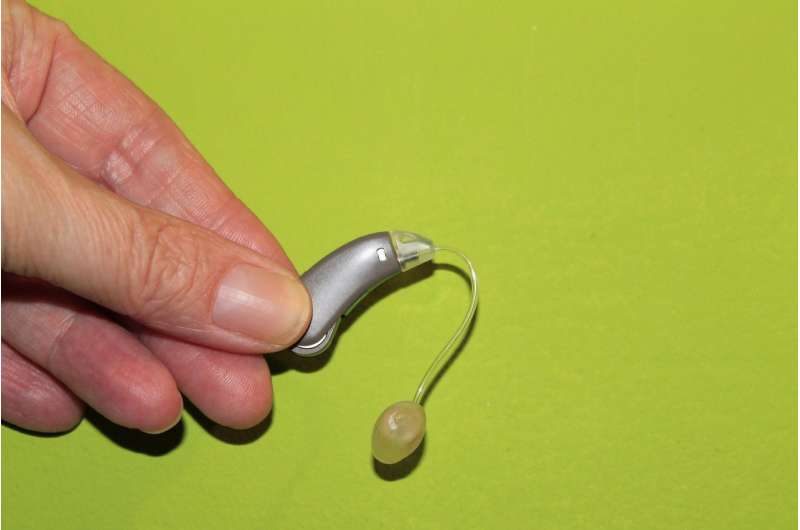Improving Hearing Care May Help Reduce Social Isolation in Seniors

Addressing hearing loss in older adults through proper care and hearing aids can significantly help reduce social isolation and loneliness, improving overall health and well-being.
A recent study underscores the significant impact that addressing hearing loss can have on social well-being among older adults. Conducted as part of the ACHIEVE clinical trial and led by researchers at NYU Langone Health, the research reveals that providing hearing aids and guidance on their proper use can help preserve social connections that tend to diminish with age. The findings suggest that improving hearing health not only enhances communication but also plays a role in combating loneliness—a critical factor affecting mental and physical health in seniors.
Statistics from the U.S. Centers for Disease Control and Prevention highlight the extent of social isolation, with over a quarter of seniors reporting minimal contact with others and a third feeling lonely. Hearing loss has been linked to difficulties in communication, making it harder for older individuals to maintain relationships. Recognizing this, the 2023 U.S. Surgeon General's Advisory prioritized enhancing social connections as an equally important health goal.
In the study, nearly 1,000 participants aged 70 to 84 from Maryland, North Carolina, Minnesota, and Mississippi were divided into two groups. One group received comprehensive hearing care, including hearing aids, counseling, and personalized support from audiologists. The other group was provided with educational resources focusing on healthy aging and communication strategies. Over three years, researchers assessed social network diversity, engagement levels, and feelings of loneliness.
Results demonstrated that those who received hearing interventions maintained or even slightly improved their social ties, with an average of one additional social connection compared to the control group. They displayed richer, more diverse relationships—including family, friends, and acquaintances—and reported higher-quality, more meaningful bonds. Furthermore, loneliness scores slightly decreased among the treated group after three years, whereas scores increased among those who did not receive hearing care.
The study highlights that the cost of hearing aids, typically around $4,700 and often paid out-of-pocket, can be a worthwhile investment considering the potential benefits for social health. It is important to note, however, that the study participants received an elevated level of audiological support and resources—services that exceed standard public offerings—and that the findings may be influenced by this comprehensive care.
Experts emphasize that addressing hearing loss could also have broader health benefits. Since loneliness and hearing impairment are associated with depression, heart disease, and early mortality, improving hearing health may contribute to overall well-being and longevity. Additionally, preliminary evidence suggests that hearing interventions could slow cognitive decline in at-risk populations.
As the population ages, incorporating hearing healthcare into broader health and social policies could be vital. The researchers advocate for expanding hearing aid coverage through Medicare and other programs to help combat the social isolation epidemic among seniors, thereby enhancing quality of life and social engagement for aging individuals.
This research involved collecting longitudinal data on social interactions and loneliness in older adults with untreated hearing loss, demonstrating that comprehensive hearing care can play a crucial role in fostering social connections and reducing feelings of loneliness, ultimately supporting healthier aging.
Stay Updated with Mia's Feed
Get the latest health & wellness insights delivered straight to your inbox.
Related Articles
Rivaroxaban Demonstrates Safety and Effectiveness for Long-Term Use in Children with Venous Thromboembolism
Recent long-term studies confirm that rivaroxaban is a safe and effective option for extended treatment of venous thromboembolism in children, offering a scientifically supported alternative to traditional therapies.
Study Identifies Age 70 as the Threshold for Chemotherapy Effectiveness in Colorectal Cancer Patients
A comprehensive study reveals that patients aged 70 or younger with stage III colorectal cancer benefit from oxaliplatin-based chemotherapy, while older patients do not, guiding personalized treatment strategies.
NIH Scientists Face Continued Layoffs Despite Reassurances from RFK Jr.
Despite reassurances from RFK Jr., top NIH scientists are still facing layoffs, risking a significant setback for neurological research and scientific progress.



